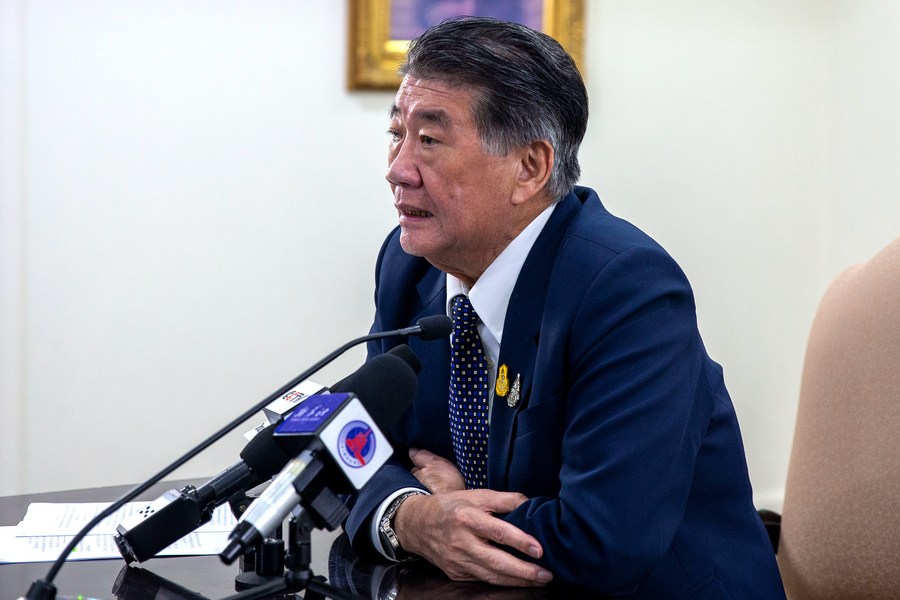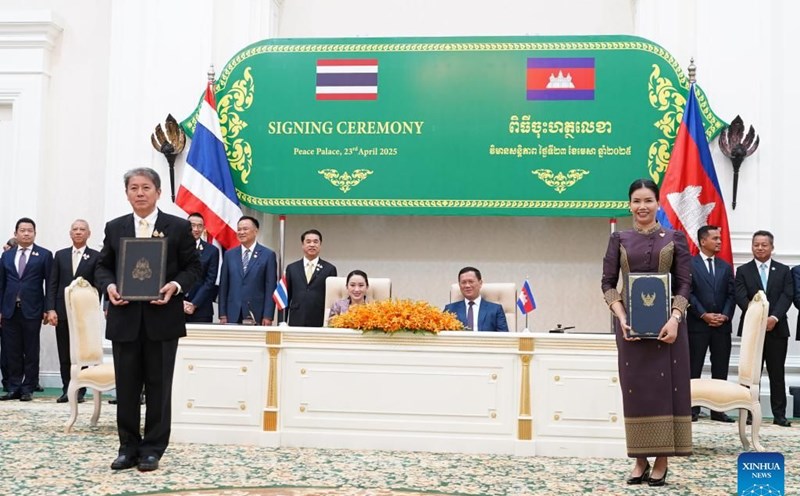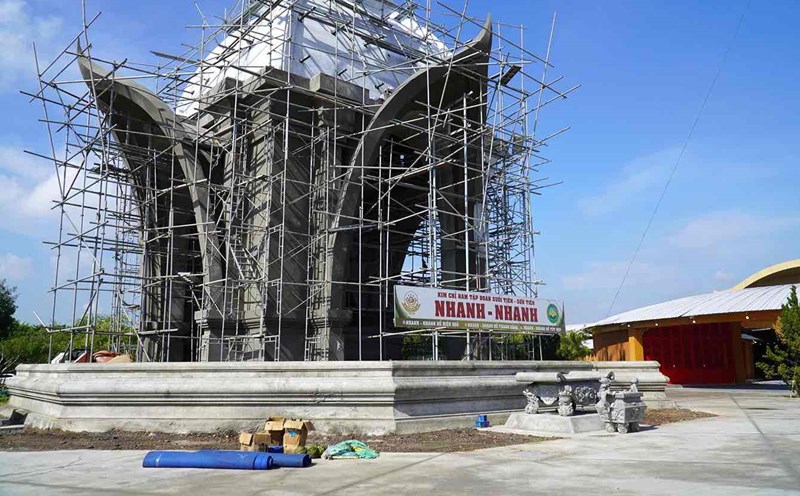According to the statement, after the clash at the Chong Bok area on May 28, the army commander of the two countries met on May 29 and agreed to use the existing bilateral mechanisms to solve the problem. These mechanisms include the General Border Committee (JBC), the General Border Committee of the General level (GBC) and the Regional Border Committee (RBC).
The Thai government stressed that the most important thing at the moment is that both sides need to focus on handling the specific incident, avoiding further escalation and complication.
On the same day, Thai Defense Minister and Deputy Prime Minister Phumtham Wechayachai affirmed that the Thai cabinet had issued a resolution since March 19, 2024 stating that it did not recognize the ICJ's authority in the above incident.
Mr. Phumtham noted that Cambodia has full right to choose how to handle it through international channels, but that does not mean Thailand must comply. We maintain our stance: the ICJ has no authority to force Thailand, Phumtham said.

Thailand will also convene an emergency meeting of the National Security Council on June 6 to discuss response measures, including the possibility of closing border crossings, after reports that Cambodian soldiers have advanced about 200 meters into the unspecified land in Ubon Ratchathani.
Previously, on January 2, the Cambodian Government submitted a dossier to the ICJ to request a settlement of a long-standing border dispute with Thailand in four sensitive areas, including Ta Muan Thom, Ta Muan Toch and Ta Kwai in Phanom Dong Rak district, Surin province, along with part of the "Three Corners" in Nam Yuen district, Ubon Ratchathani province.
The move comes after a clash that killed a Cambodian soldier on May 28, according to a statement from Cambodia. The government said the lawsuit was aimed at finding a peaceful, fair and sustainable solution, and had been unanimously approved by the National Assembly and the Senate.
Despite pursuing the lawsuit, Cambodia has affirmed its commitment to bilateral dialogue and will hold a border demarcation meeting on June 14. However, the 4 disputed areas will not be included in the negotiations.








